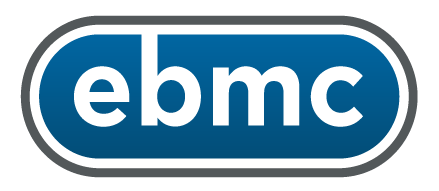What does Landlord Insurance cover and do you need it?
Owning and renting real estate can be a wise financial decision, but it's crucial to have adequate insurance coverage to protect your investment. With the increasing number of renters, landlords must take steps to minimize the risk of financial loss, and having landlord insurance is a key component.
Landlord insurance provides financial protection for rental property owners by covering losses resulting from covered incidents. It ensures that your property will be repaired or replaced in the event of a tragedy. It's important to inform your insurance company if you are renting out the property as it may impact your coverage needs and costs.
A landlord insurance policy offers comprehensive coverage for various risks that landlords commonly face. It typically includes:
Dwelling Coverage: This component covers physical damage to the property caused by incidents such as fire, water damage, windstorms, hail, lightning, riots, civil commotion, vandalism, and burglary.
Liability Insurance: Landlord insurance includes liability coverage to protect against claims filed by individuals who were injured on your property. It helps cover their losses, provides legal defense, and pays settlements or judgments within policy limits.
Umbrella Coverage: This type of liability insurance offers additional protection beyond the limits of a standard policy, especially in cases of significant losses or lawsuits.
Loss of Income Insurance: Landlord insurance also provides coverage for loss of rental income when a covered incident renders the property temporarily unrentable. It helps landlords meet their financial obligations during the downtime.
Additionally, landlord insurance may include specialized coverage such as fix n' flip and builder's risk insurance for properties undergoing renovations or short-term/vacation rental coverage for higher-risk rental types.
It's important to note that landlord insurance has exclusions. It typically doesn't cover the tenant's property or their vehicles. It also doesn't cover repairs to major systems, damage caused by the property owner, normal wear and tear, or lack of maintenance.
The cost of landlord insurance varies based on factors such as location, property type, risks involved, and desired coverage limits. To determine the exact cost, it's advisable to request a formal quote. Generally, landlord insurance tends to be around 20-25% more expensive than traditional homeowners insurance.
In summary, landlord insurance is essential for protecting your investment in rental properties. It provides coverage for property damage, liability risks, and loss of income, and offers additional specialized coverage options. Understanding the coverage provided and exclusions are crucial, and obtaining a formal quote will help determine the specific cost based on your needs.


